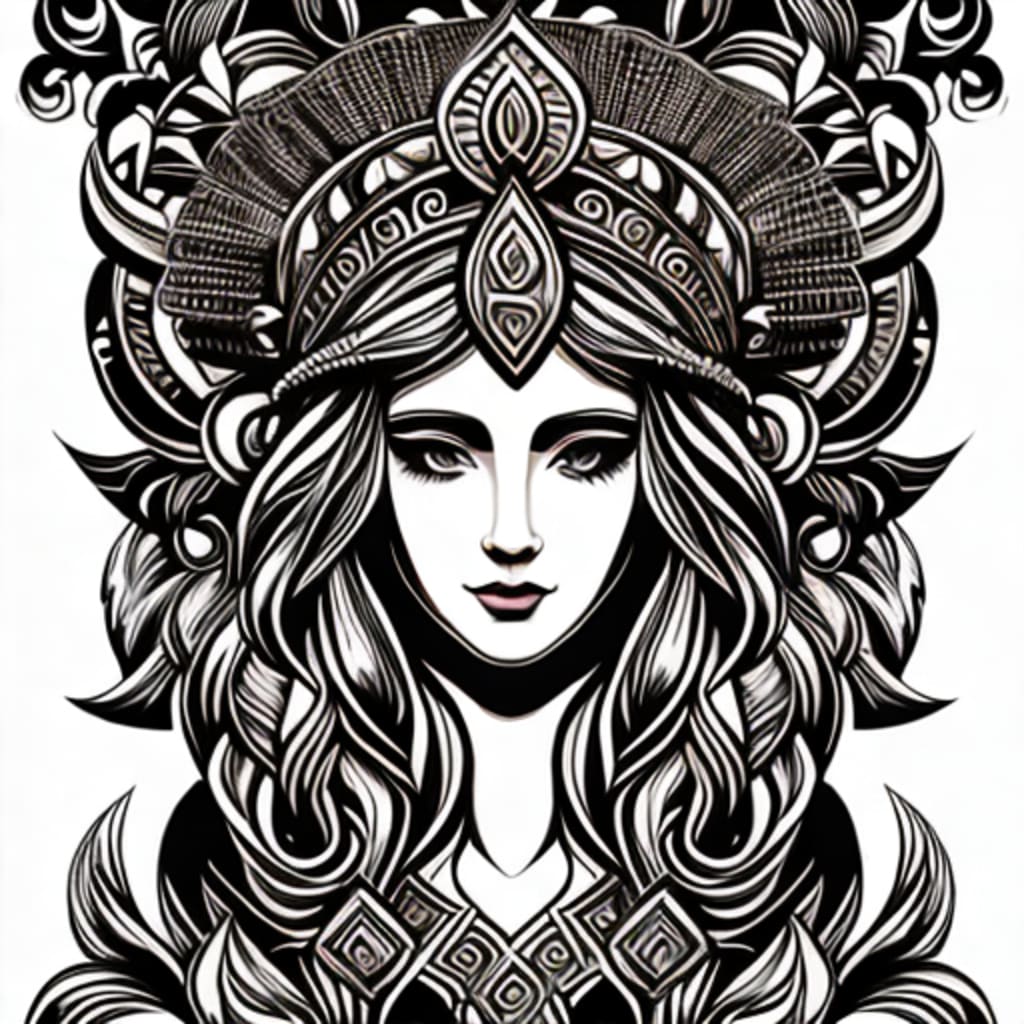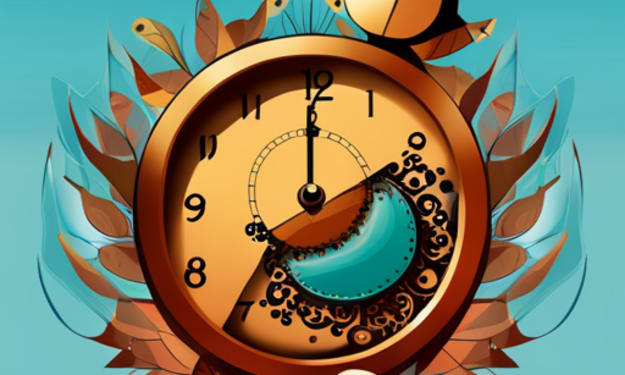Unveiling the Mysteries of Mythology:
A Journey into Ancient Legends

Introduction:
Mythology has been an integral part of human culture since ancient times, shaping our understanding of the world and our place within it. These captivating tales of gods, heroes, and mythical creatures have fascinated generations, providing insight into the beliefs, values, and aspirations of civilizations long past. In this article, we embark on a journey into the realm of mythology, exploring its origins, significance, and enduring impact on our modern world.
The Origins of Mythology:
Mythology finds its roots in the earliest human civilizations, where oral traditions and storytelling served as a means of explaining natural phenomena and the mysteries of life. Ancient cultures, such as the Egyptians, Greeks, Norse, and Mesopotamians, developed rich mythologies to make sense of the world's complexities. These myths often revolved around powerful deities, creation stories, and tales of epic battles between good and evil.
Symbolism and Meaning:
Mythology goes beyond mere entertainment; it holds deep symbolic meaning. Each god, hero, or creature represents an aspect of human nature, the forces of nature, or societal values. For example, Zeus, the king of the Greek gods, embodies power and authority, while Athena represents wisdom and strategy. Mythological narratives often contain moral lessons and offer guidance on virtues and vices, providing a framework for human behavior and ethical choices.
Cultural Significance:
Mythology is inseparable from the cultures that produced it. These ancient tales served as a cultural identity marker, reinforcing shared values, traditions, and historical events. Mythical stories were performed in religious ceremonies, celebrated in festivals, and depicted in art and architecture, leaving an indelible mark on the cultural heritage of civilizations. They provided a sense of continuity and connectedness with ancestral roots, fostering social cohesion and a collective sense of belonging.
Influence on Literature and Arts:
The impact of mythology extends far beyond ancient times. Mythological themes and characters have permeated literature, poetry, and artwork throughout history. Writers like William Shakespeare drew inspiration from Greek and Roman mythology in their plays, while artists such as Michelangelo and Botticelli depicted mythological scenes in their masterpieces. Even in contemporary popular culture, from movies to video games, mythological elements continue to captivate and inspire.
Psychological and Philosophical Interpretations:
Mythology has also found a place in psychological and philosophical discourse. Renowned psychologist Carl Jung proposed that myths reflect universal archetypes rooted in the collective unconscious, serving as a means to explore the depths of the human psyche. Philosophers have delved into mythological narratives to address existential questions, moral dilemmas, and the nature of reality. These interpretations deepen our understanding of ourselves and the human condition.
Mythology's Relevance Today:
Despite the passage of time, mythology remains relevant in our modern world. Its timeless themes of heroism, love, sacrifice, and the struggle between good and evil resonate with universal human experiences. Mythology continues to inspire contemporary literature, movies, and even marketing campaigns, tapping into our innate fascination with ancient tales and their enduring wisdom.
Conclusion:
Mythology stands as a testament to the enduring power of storytelling and the human thirst for understanding the mysteries of existence. From ancient civilizations to our modern age, these captivating narratives have shaped cultures, influenced art, and provided a lens through which we view ourselves and the world around us. Exploring mythology allows us to connect with our collective past and find meaning in the rich tapestry of human experience.





Comments
There are no comments for this story
Be the first to respond and start the conversation.